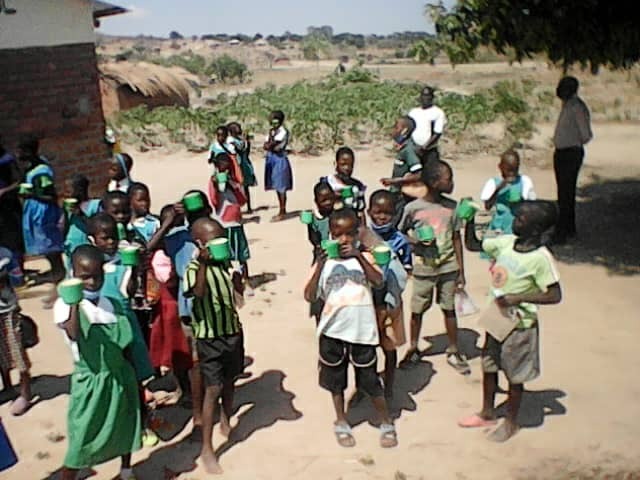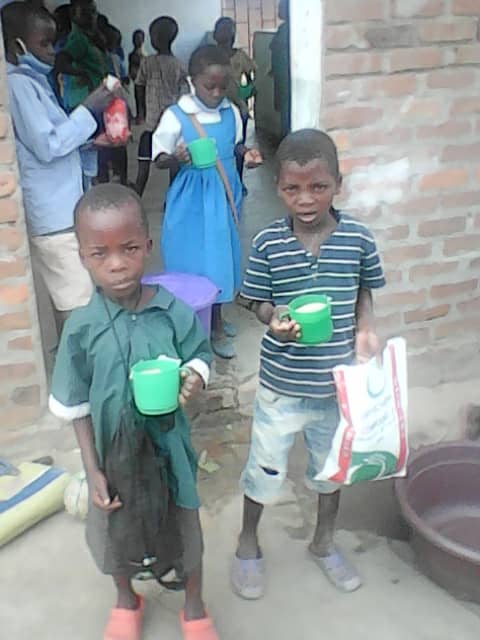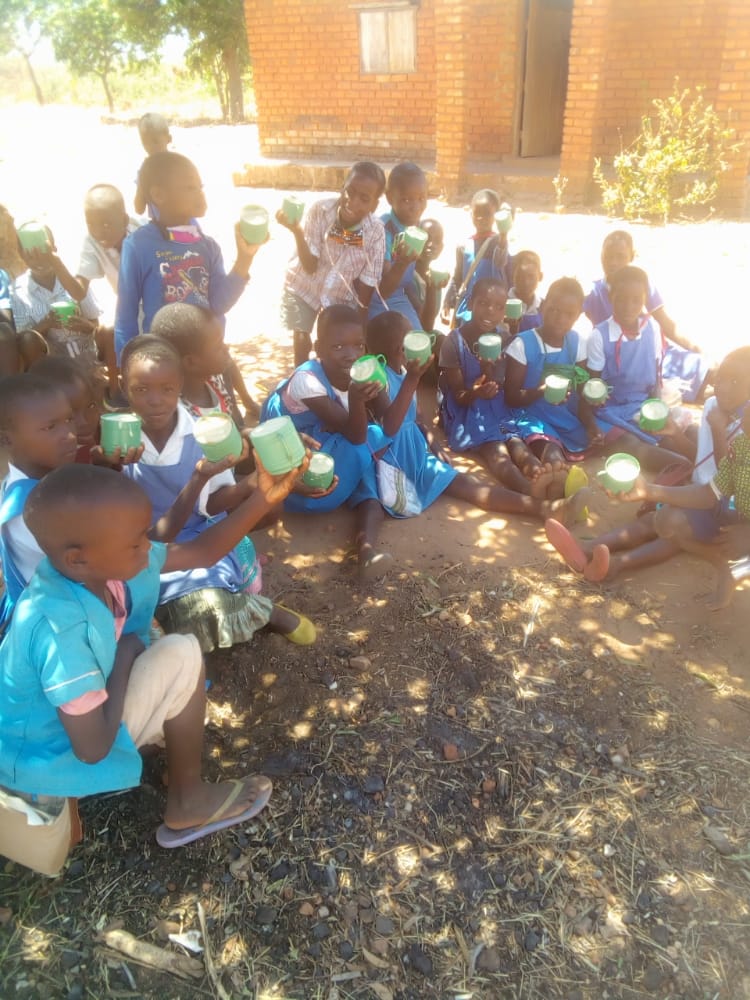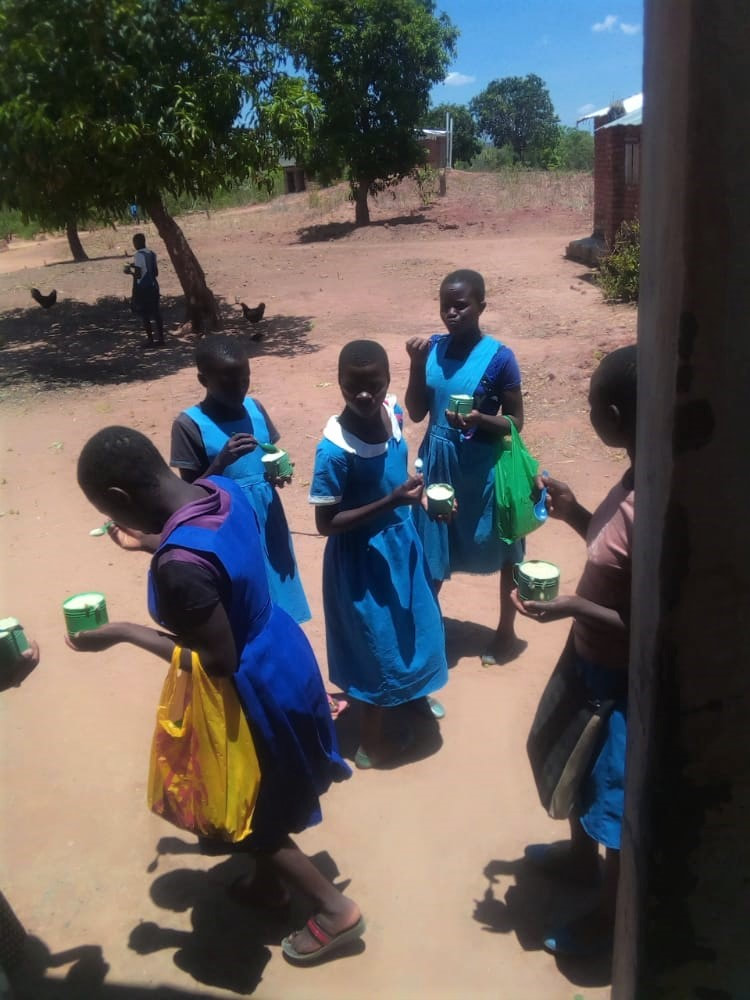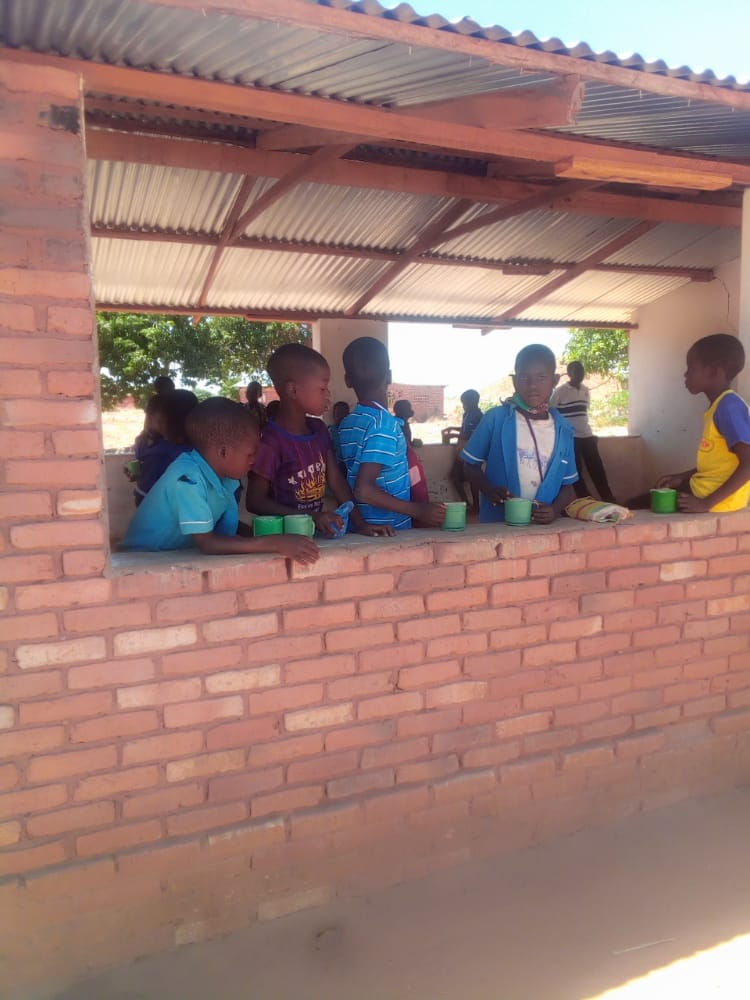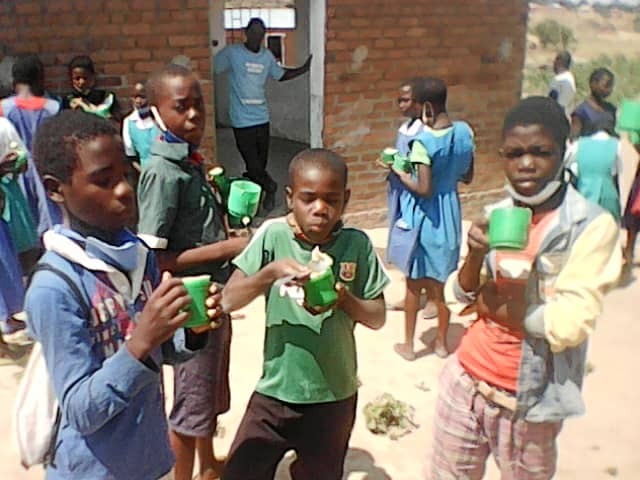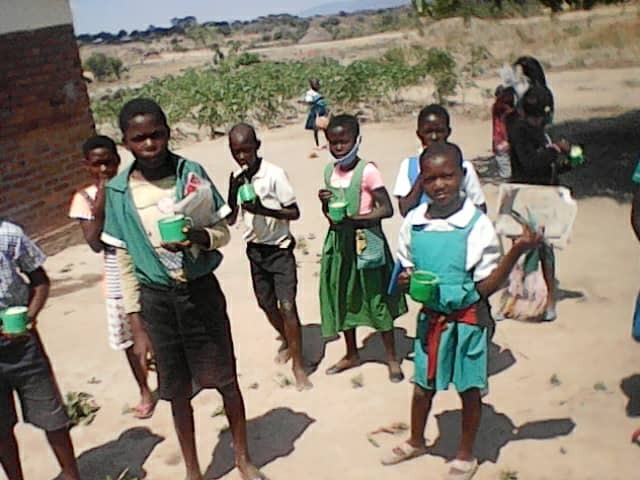EVENTS
Future Events |
Date |
Location |
Spring Fling Ceilidh |
24 May 2024 |
Salle de Delices, Grand-Saconnex |
Past Events |
Date |
Location |
Dinner Dance |
October 2019 |
Chateau de Coppet |
Vide Grenier / Car Boot Sale |
August 2019 |
Divonne Les Bains |
English Used Book Sale '21 |
August 2021 |
Divonne les Bains |
English Used Book Sale '22 |
June 2022 |
Divonne les Bains |
Spring Fling Dance |
May 2023 |
Coppet |
Summer Concert |
June 2023 |
Auditoire de Calvin, Old Town, Geneva |
Used Book + DVD Sale |
August 2023 |
Divonne les Bains |
Vide Grenier |
September 2023 |
Divonne les Bains |
Updates
| NM Update December 2020.pdf | |
| File Size: | 210 kb |
| File Type: | |
Campaigns
December 2020
It would appear that the African continent has been spared the high number of Covid infections and deaths seen in the rest of the world. There are many theories and discussions ongoing as to why. The continent, which has a population of more than one billion, has had about 1.5 million cases, according to data compiled by the John Hopkins University. The figures are far lower than those in Europe, Asia or the Americas, with reported cases continuing to decline. Africa has recorded about 37,000 deaths, compared with roughly 580,000 in the Americas, 230,000 in Europe, and 205,000 in Asia.
Many African countries have been praised for effective campaigns against the spread of coronavirus. From the beginning, most African governments took tough actions to try and slow the spread of the virus. Measures including avoiding handshakes, frequent hand-washing, social distancing and wearing of face masks, were quickly introduced. In one or two countries this was done even before the first case was reported. There were also varying degrees of lockdowns introduced in some countries.
In Malawi, among other measures, the schools were closed for several months. According to UNICEF about 78 per cent of primary school children have returned to school. For the 22 per cent that have not gone back to school, reasons include concerns that schools are not yet safe from Covid (54 per cent) and pregnancy or early marriage (17 per cent).
In Ekwendeni the schools opened again around the middle of October including the 5 schools from the Nourishing Minds feeding program. The younger classes, which are the largest, have been split and the children are attending school part time. The days that they don’t have classes they still come to school for their porridge. This meal is even more important now as, due to Covid, prices have jumped up and there is even more hunger among the families in the rural areas.
It would appear that the African continent has been spared the high number of Covid infections and deaths seen in the rest of the world. There are many theories and discussions ongoing as to why. The continent, which has a population of more than one billion, has had about 1.5 million cases, according to data compiled by the John Hopkins University. The figures are far lower than those in Europe, Asia or the Americas, with reported cases continuing to decline. Africa has recorded about 37,000 deaths, compared with roughly 580,000 in the Americas, 230,000 in Europe, and 205,000 in Asia.
Many African countries have been praised for effective campaigns against the spread of coronavirus. From the beginning, most African governments took tough actions to try and slow the spread of the virus. Measures including avoiding handshakes, frequent hand-washing, social distancing and wearing of face masks, were quickly introduced. In one or two countries this was done even before the first case was reported. There were also varying degrees of lockdowns introduced in some countries.
In Malawi, among other measures, the schools were closed for several months. According to UNICEF about 78 per cent of primary school children have returned to school. For the 22 per cent that have not gone back to school, reasons include concerns that schools are not yet safe from Covid (54 per cent) and pregnancy or early marriage (17 per cent).
In Ekwendeni the schools opened again around the middle of October including the 5 schools from the Nourishing Minds feeding program. The younger classes, which are the largest, have been split and the children are attending school part time. The days that they don’t have classes they still come to school for their porridge. This meal is even more important now as, due to Covid, prices have jumped up and there is even more hunger among the families in the rural areas.
May 2020: COVID-19
Help us spread the message, not the virus!
As we are all aware the impact of Covid 19 is enormous across the globe and Malawi has not been spared. In a country where the health service is very weak you can imagine that the needs are many to fight this pandemic.
While feeding the children is the priority of Nourishing Minds, we are committed to helping where and as we can.We can make a difference to the children from our schools and their communities in the rural areas of Northern Malawi by ensuring that they are taught about the virus and the protective measures they need to take in order to stay safe.
Our crisis response will focus on communicating public health information, good hand- washing practice, hygiene measures, social distancing and providing the children and their families with soap. (Many people in Ekwendeni cannot afford extra soap for frequent hand-washing). To do this effectively we will need to rent a vehicle, pay for fuel, print leaflets and buy soap.
Please consider giving a donation to help us, we need your urgent support.
These emergency funds will make a difference by contributing to the prevention of the transmission of this virus amongst North Malawi’s most vulnerable children and their communities.
Please mark your donation Covid19 and please share this message with friends and family.
Bank Info for Nourishing Minds
UBS: 0279-309796.40k
BIC/SWIFT: UBSWCHZH80A
IBAN: CH280027927930979640K
With grateful thanks
Help us spread the message, not the virus!
As we are all aware the impact of Covid 19 is enormous across the globe and Malawi has not been spared. In a country where the health service is very weak you can imagine that the needs are many to fight this pandemic.
While feeding the children is the priority of Nourishing Minds, we are committed to helping where and as we can.We can make a difference to the children from our schools and their communities in the rural areas of Northern Malawi by ensuring that they are taught about the virus and the protective measures they need to take in order to stay safe.
Our crisis response will focus on communicating public health information, good hand- washing practice, hygiene measures, social distancing and providing the children and their families with soap. (Many people in Ekwendeni cannot afford extra soap for frequent hand-washing). To do this effectively we will need to rent a vehicle, pay for fuel, print leaflets and buy soap.
Please consider giving a donation to help us, we need your urgent support.
These emergency funds will make a difference by contributing to the prevention of the transmission of this virus amongst North Malawi’s most vulnerable children and their communities.
Please mark your donation Covid19 and please share this message with friends and family.
Bank Info for Nourishing Minds
UBS: 0279-309796.40k
BIC/SWIFT: UBSWCHZH80A
IBAN: CH280027927930979640K
With grateful thanks

